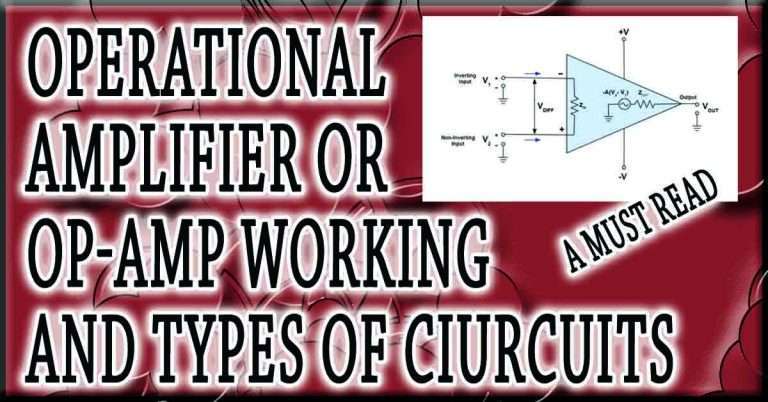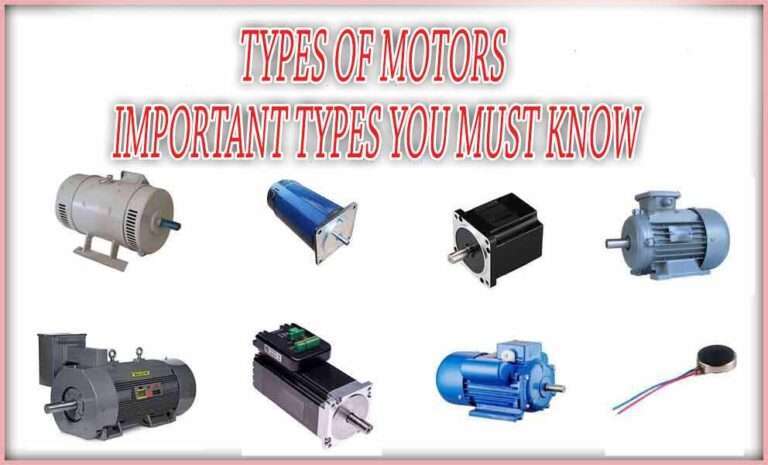Generator Wattage Estimator: Best Tool
Understanding the generator wattage estimator is crucial when selecting the right generator for your needs. Whether it’s for home, industrial, or commercial use, the wattage estimator helps ensure that your generator can handle the total electrical load. Choosing the wrong size can lead to poor performance, equipment damage, or even safety hazards. This guide simplifies how to use a generator wattage estimator effectively, offering both technical insights and practical tools.
What Is a Generator Wattage Estimator?
A generator wattage estimator is a tool or method used to calculate the total wattage demand of electrical appliances and equipment. This estimation guides users in selecting the appropriate generator capacity, ensuring it matches the required power load. The estimator considers both starting and running watts, which is essential for devices with motors, like refrigerators, air conditioners, and power tools.
Why Use a Generator Wattage Estimator?
Using a generator wattage estimator prevents under-sizing or over-sizing your generator. An undersized generator will overload, while an oversized generator increases fuel consumption and cost. It provides a clear roadmap to:
- Understand total load requirements.
- Allocate power efficiently.
- Avoid generator failure or power drops.
Know more about Types of Alternator Protection
Moreover, many modern estimators now include advanced features, similar to a Generator Sizing Calculator for VFD Motors, which help in estimating loads with variable frequency drives.
Technical Insight into Wattage Estimation
Electrical loads come in two forms: resistive and inductive. Resistive loads (like heaters and lights) are easy to estimate. Inductive loads (like pumps and compressors) require more power during startup.
Here’s a simplified formula:
Total Wattage = Sum of Running Watts + Sum of Starting Watts (if applicable)
Running wattage refers to the continuous power a device uses. Starting wattage applies only to devices with motors that need an extra burst of power at startup.
Some equipment can have a starting wattage that is three to five times the running wattage. A Generator Circuit Breaker Sizing guide also considers these surges for safe circuit protection.
Know more about Differential Protection of Alternator
Sample Table for Common Appliances
| Appliance | Running Watts | Starting Watts |
|---|---|---|
| Refrigerator | 700 | 2200 |
| Microwave Oven | 1000 | 1000 |
| Sump Pump (1/2 HP) | 1050 | 2150 |
| Air Conditioner (10,000 BTU) | 1200 | 1800 |
| Laptop | 250 | 250 |
| Light Bulb (LED) | 10 | 10 |
These values are approximate. Always check the nameplate rating of your equipment. For mechanical systems like pumps, consider a Generator Sizing Calculator for Pumps for better precision.
How to Use the Generator Wattage Estimator
To get started with a generator wattage estimator:
- List all devices to be powered.
- Record their running and starting watts.
- Use the formula to calculate the total wattage.
- Add a safety margin of 20% to handle surges.
- Choose a generator with capacity above the total wattage.
This manual approach works well, but online calculators often include features similar to a Backup Generator Sizing Calculator, helping users instantly determine wattage needs.
Sizing for Specialized Equipment
Some systems need special attention due to their power profiles. Here are a few examples:
UPS Systems: When using a generator for UPS support, remember that UPS units can be sensitive to frequency and voltage fluctuations. It is vital to refer to Generator Sizing for UPS Systems to match the UPS kVA ratings with the generator’s output capability.
VFD Motors: Motors using variable frequency drives change speed and torque. Their power profile is dynamic, and a regular wattage estimator might not suffice. Use a Generator Sizing Calculator for VFD Motors to get more accurate results.
Pumps: Water and industrial pumps also have a significant starting wattage. The Select Generator Sizing Calculator for Pumps tool gives better predictions, especially when dealing with high-capacity irrigation or industrial pumps.
Know more about Generator Sizing Calculator for Pumps
Overestimation vs. Underestimation
Overestimating wattage leads to purchasing an expensive generator with higher fuel consumption. Underestimating wattage causes overload, tripping breakers, and damaging sensitive equipment. A well-calibrated generator wattage estimator prevents both issues. If you plan to power a mix of tools, electronics, HVAC units, and motors, it’s best to do an individual analysis for each category.
Real-World Example
Imagine you want to power the following:
- One refrigerator (700W running, 2200W starting)
- One sump pump (1050W running, 2150W starting)
- LED lights (10 bulbs, 10W each)
- Laptop (250W)
Total running watts = 700 + 1050 + 100 + 250 = 2100W
Total starting watts = 2200 + 2150 = 4350W
You should consider at least a 6500W generator (4350W starting + 2100W running + 20% buffer).
Benefits of Generator Wattage Estimators
The estimator acts like a budget planner for your power needs. Some key benefits include:
- Precise load planning.
- Better generator lifespan.
- Fuel efficiency.
- Safe integration with existing systems.
- Compatibility with Generator Circuit Breaker Sizing to prevent electrical faults.
Know more about Backup Generator Sizing Calculator
Mistakes to Avoid
Avoid guessing your power needs. Never assume that the generator’s peak wattage is sustainable for long periods. Also, avoid ignoring starting watts. Devices like compressors, pumps, and air conditioners can cause overloads if their startup load isn’t accounted for.
When in doubt, refer to specialized tools like Backup Generator Sizing Calculator.
Smart Estimation with IoT
Modern wattage estimators are also becoming smarter. With the integration of IoT and cloud-based load monitoring, systems can now predict, optimize, and even adjust generator usage in real-time. While these are more common in industrial environments, the technology is gradually moving into residential applications as well.
Final Thoughts
Choosing the right generator doesn’t have to be complicated. A generator wattage estimator makes the process smoother, safer, and more cost-effective. By listing all devices, understanding their load behavior, and using the correct estimation tools, you can pick a generator that delivers reliable power.
Whether you’re setting up for emergency backup, an outdoor project, or industrial use, the importance of sizing cannot be overstated. Always back your decision with tools like the Generator Sizing Calculator for VFD Motors and Generator Circuit Breaker Sizing to protect both equipment and investment.
Follow Us on Social:
Subscribe our Newsletter on Electrical Insights for latest updates from Electrical Engineering Hub
#GeneratorWattageEstimator, #PowerCalculator, #HomeBackupPower, #WattageGuide, #GeneratorTips, #PortableGenerators, #EmergencyPower, #GeneratorSizing, #WattageNeeds, #OffGridPower, #ElectricalLoad, #PowerOutagePrep, #GeneratorBuyingGuide, #PowerConsumption, #ElectricityBackup


